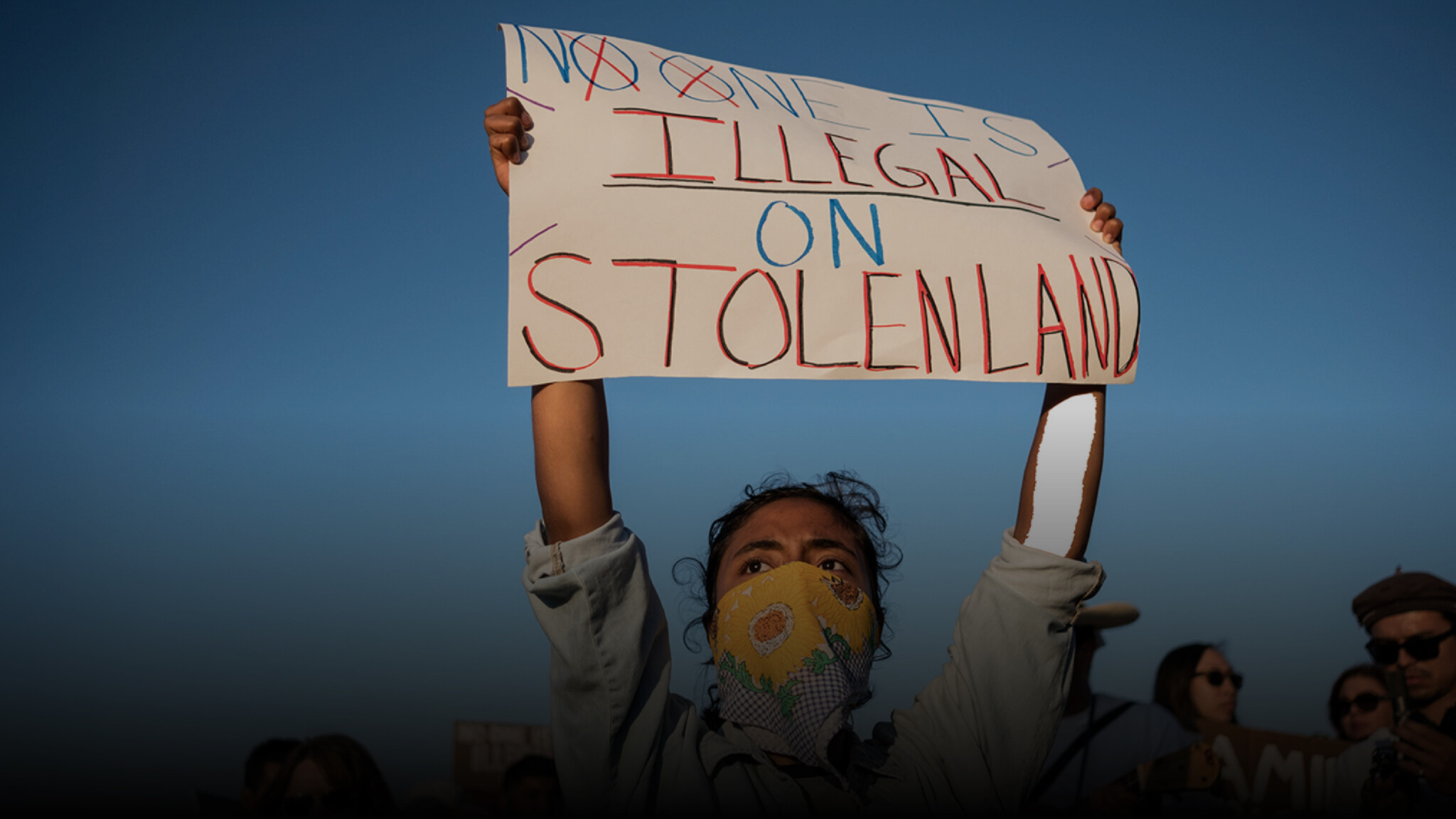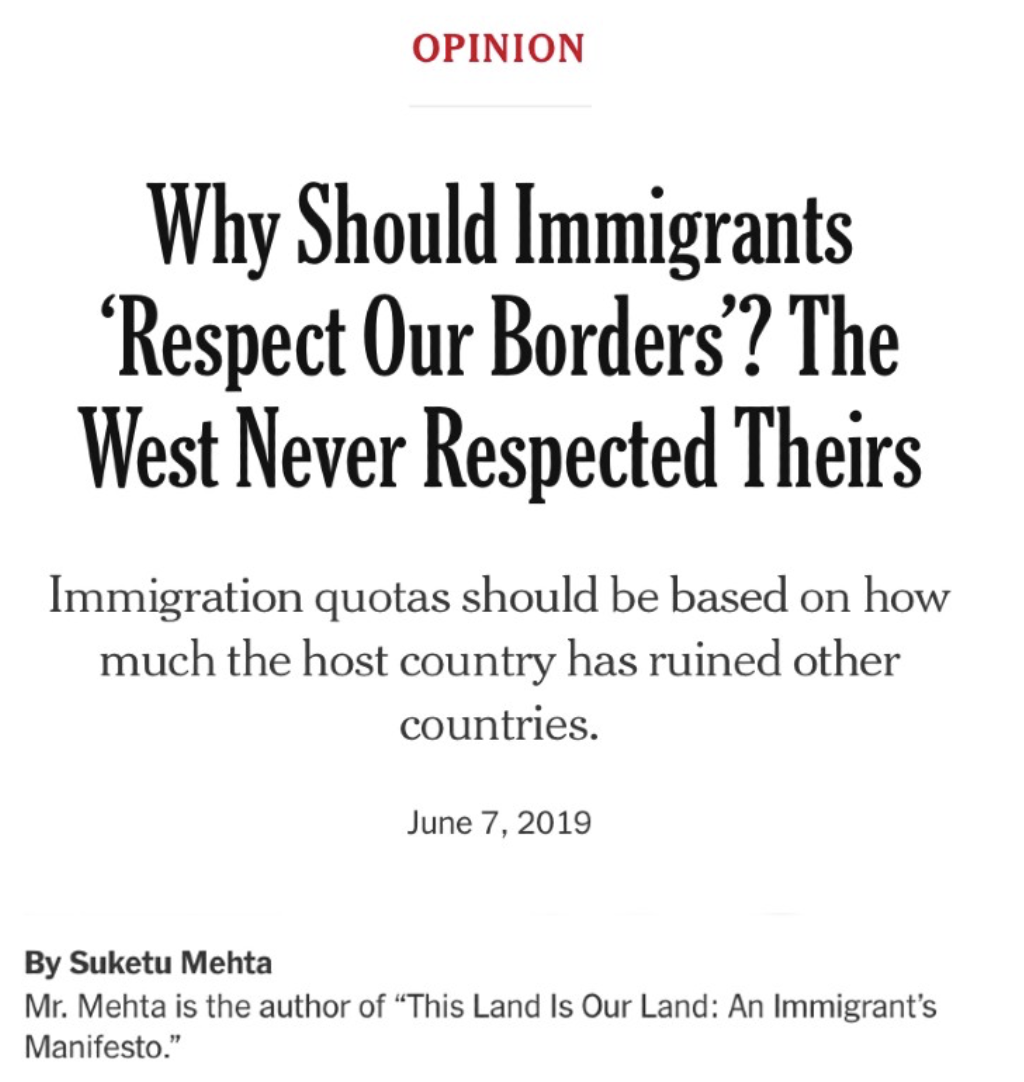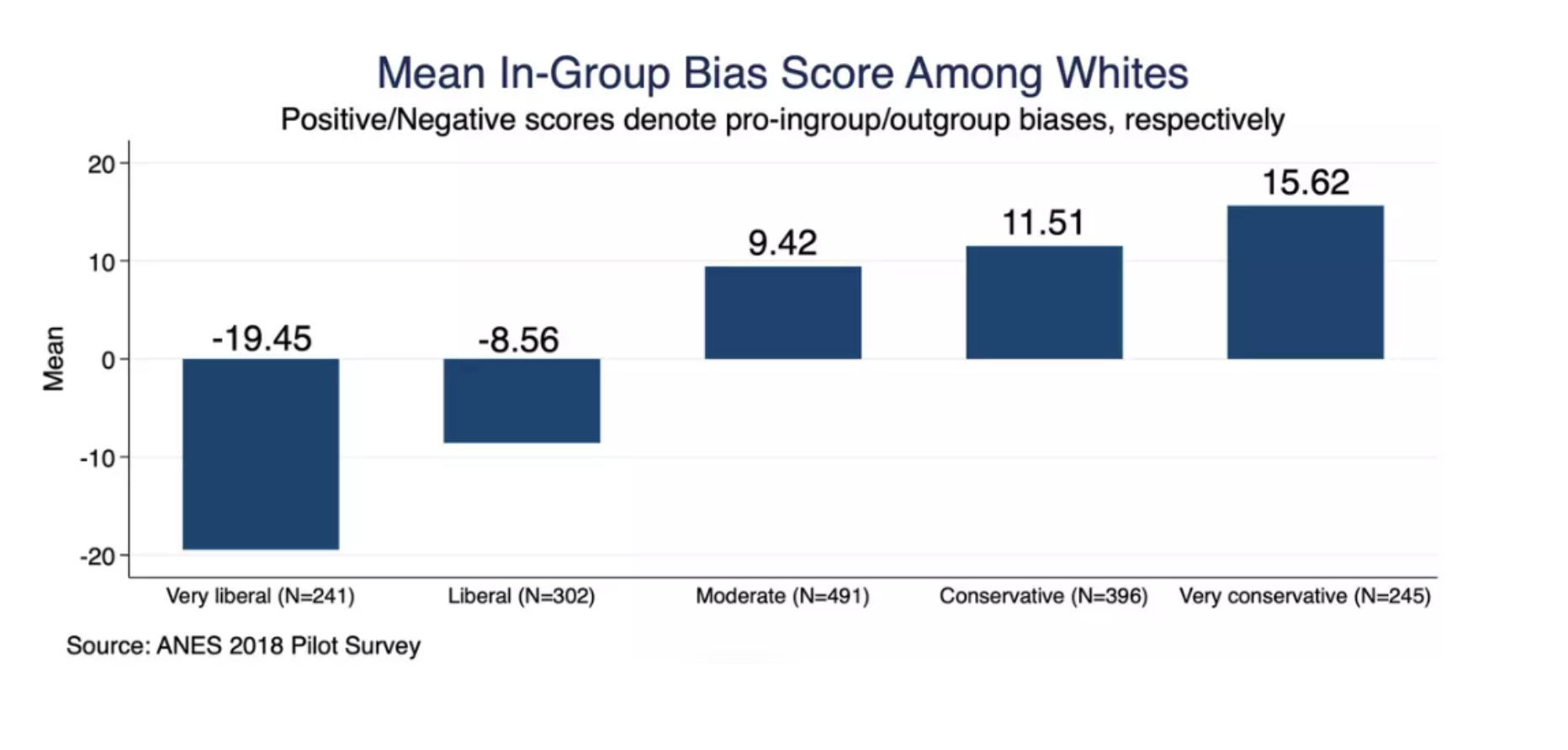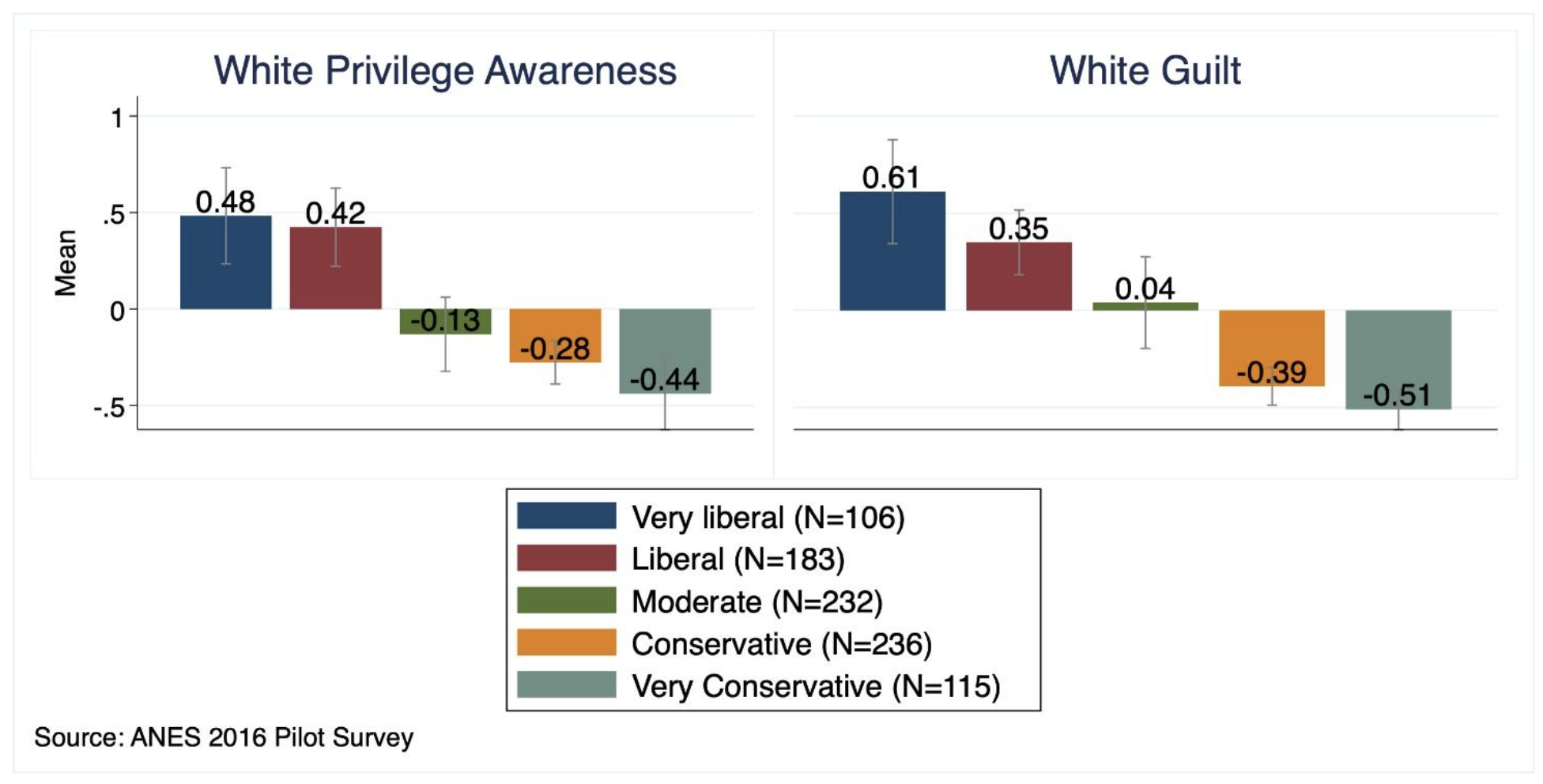
Mass immigration’s economic, social, and demographic benefits have faltered. Some now see it as punishment for Western colonial history, fueling divisive rhetoric.
Two disturbing trendlines converged over the last decade or so. On the one hand, beneficent arguments for mass immigration as a boon to receiving nations ran out of steam. The economic argument faltered in America, Britain, and elsewhere amidst evidence of net fiscal burdens, real wage suppression, soaring property costs, and sluggish productivity & median GDP growth. The social and cultural arguments in its favor stalled as it has been revealed to increase violent crime rates, diminish social trust, and swing election results. And even the demographic argument that it is necessitated by sub-replacement domestic fertility lost credibility, as evidence mounts that high levels of immigration directly and indirectly exacerbate birthrate decline among the existing population while worsening the fiscal burden of ageing populations.
Deprived of positive pretexts for continuing high levels of low-quality immigration, advocates of indiscriminate free-movement fell back on a darker set of rationales. The most ominous of these views mass migration as a form of collective punishment for the real or imagined sins of European slavery and imperialism. On this view, Americans and Europeans deserve unlimited immigration from the Global South as our comeuppance.
Enjoy independent, ad-free journalism - delivered to your inbox each week
This turn toward immigration-as-punishment intersected with another cultural trend, namely the rise of doctrines of inter-generational collective racial guilt and punishment during the Great Awokening. The logic of this “mass interracial score-settling”, as Jeremy Carl describes it, has as its “common ideological purpose” the construction of “an intellectual and cultural environment to justify the expropriation of land, property, and other wealth from whites while instituting a permanent regime of anti-white employment and legal discrimination”. That expropriation most obviously includes reparations for slavery, which, as Carl notes, are already being paid out to the tune of “trillions of dollars … in the name of welfare programs, set-asides, quotas, affirmative action, and other programs”. It also encompasses a host of other practices with overt or barely concealed motivations of revenge, from the removal of historic portraits and statues on the grounds that they hurt the feelings of other groups, to instances of racially motivated violence, to the practice of so-called land acknowledgments. Although heavily performative at a superficial level, their purpose is serious: to deny any morally legitimate property rights to non-indigenous people as an intellectual precursor to expropriation.
Immigration as Score-Settling
Together, the exhaustion of positive arguments for open borders and the resurrection of collective racial-guilt theories has fueled the rise of a sort of demographic retributivism. On this view, white majority nations have forfeited the moral right to exclude black and brown bodies due to historic injustices and now they must pay.
Examples of this view now abound in the way the left-wing intelligentsia talks about immigration. In ‘Migration as Reparation for Colonialism’, for instance, Zara Goldstone argues that “former European colonizing states should offer migration rights to their former colonies as part of the reparative package for colonialism”. In the Guardian, activist Harsha Walia claimed that migration should be seen as “a form of reparations” as “the vast number of people who are migrants…are black and brown people from poor countries that have been made poor because of centuries of empire, of exploitation and deliberate underdevelopment”. Dissent magazine revels in the prospect: “the ‘illegals’ much reviled in First World national immigration discourse are the harbingers of an imperial reckoning that cannot be delayed for much longer.”
The house journals of the progressive establishment have, of course, joined in too. In the Washington Post, Indian-American journalism professor Suketu Mehta informed us “I am an uppity immigrant. Don’t expect me to be ‘grateful’. I will not bow and scrape before my supposed benefactors. I am entitled to be here”. In a 2019 article for The New York Times, he elaborated on the theme that “immigration quotas should be based on how much the host country has ruined other countries”. Thus, “Britain should have quotas for Indians and Nigerians; France for Malians and Tunisians; Belgium for very large numbers of Congolese”. He gloats in conclusion that “a huge bill is coming due to the West, and it is one that the West is not only morally obligated to pay, but one that it should look forward to paying.”

UCLA Professor Tendayi Achiume went even further in the Stanford Law Review, arguing that any migrant from the global south has a right of admission to any country in the global north, regardless of whether the former was ever a colony of the latter. This argument, she stresses, appeals not to cosmopolitan principles but to the claim that “[t]he structural subordination of the Third World as a whole to the First World as a whole should negate the right of any First World country to exclude any Third World person, whether or not that specific country colonized the country of nationality of that specific person.” Though she’s keen on the latter sort as well, of course, and quotes approvingly a Zimbabwean migrant in the UK: “The British people oppressed us; they took our land and made us live on infertile land. It’s our turn to come to this country.”
Nor do such views appear to be the province of a handful of cranks. The New York Times describes Dowell Myers, a demographer at the University of Southern California, referring to a 2008 projection of rapid mass migration-fueled majority group demographic decline in the US as follows: “Dr. Myers watched as progressives, envisioning political power, became enamored with the idea of a coming white minority. He said it was hard to interest them in his work on ways to make the change seem less threatening to fearful white Americans — for instance by emphasizing the good that could come from mass immigration. ‘It was conquest, our day has come,” he said of their reaction. ‘They wanted to overpower them with numbers. It was demographic destiny.’
‘Imaginary Revenge’ Meets Pathological Guilt
What we’re seeing here is not cosmopolitan egalitarianism or even principled retributivism; for the most part, it is rooted in the primal ulterior motives of ethnic resentment and tribal self-interest. Friedrich Nietzsche identified the key concept required to understand the former in his Beyond Good and Evil: “slave morality”. As he explained it in The Genealogy of Morals, “The beginning of the slaves’ revolt in morality occurs when ressentiment itself turns creative and gives birth to values: the ressentiment of those beings who, denied the proper response of action, compensate for it only with imaginary revenge.” This sort of ideational vindictiveness casts a long shadow over post-colonial and critical-race theoretic thought. Frantz Fanon, chief theoretician of the post-colonial left, seems to have particularly relished the vindictive side of human nature; he informs us that “[t]he muscles of the colonized are always tensed. It is not that he is anxious or terrorized, but he is always ready to change his role as game for that of hunter. The colonized subject is a persecuted man who is always dreaming of becoming the persecutor.” It is a sentiment that brings to mind the observation of a disillusioned Bertrand Russell who, after seeing the proletarian dictatorship of the fledging Soviet Union up close for the first time, concluded that “People seem good while they are oppressed, but they only wish to become oppressors in their turn: life is nothing but a competition to be the criminal rather than the victim.”
This preoccupation with “imaginary revenge” is vividly evident throughout the discourse of immigration-as-punishment. For an example of the genre one couldn’t do better than the bracingly hostile This Land Is Our Land by the Calcutta-born NYU journalism professor mentioned above, Suketu Mehta, who tells us in a condensed article version of the book that “[i]t is every migrant’s dream to see the tables turned, to see long lines of Americans and Britons in front of the Bangladeshi or Mexican or Nigerian embassy, begging for a residence visa.” Lest there be any doubt of the extent to which wounded familial amour propre motivates his view, Mehta tells a story of an Englishman in London asking his grandfather why he is in his country: “‘Because we are the creditors’, responded my grandfather, who was born in India…. ‘You took all our wealth, our diamonds. Now we have come to collect.’ We are here, my grandfather was saying, because you were there.”
In Britain itself a similar attitude has been expressed by Yasmin Alibhai-Brown, a columnist who arrived in London with other Ugandan Indians in 1972. For her, the replacement of Europeans in the UK and elsewhere through mass migration is a question of getting even after they ruled much of the world: “The empire strikes back really. There was this extraordinary assumption that white people could go and destroy peoples and it would have no consequence. It astounds me.” Of white people in general, she said “I don’t like them. I want them to be a lost species in a hundred years”. She reserves particular vituperation for the white working-class, who she has elsewhere variously described as “stupid”, “vicious”, and “scum”.
This vindictive perspective now bombards commuters in the British capital, whose public transport system under Mayor Sadiq Khan has adorned railway carriages and billboards with posters expressing it. One particularly brazen example of the genre can be seen below, a poem which gloats: “What a joyful news, Miss Mattie/I feel like me heart gwine burs’/Jamaica people colonizin/Englan in reverse.”

But it’s not just immigrant resentment at work here. It’s also pathological guilt among white liberals themselves, who, as Zach Goldberg has shown, are the only subgroup of any racial group in the West to exhibit a “pro-outgroup bias”, meaning they are more favorable toward other racial groups than their own. Indeed, on average, white liberals rated ethnic-minority groups half a standard deviation (or 13 points) warmer than whites. As is depicted in the graph below, this disparity in feelings of warmth toward ingroup vs. outgroup is even more pronounced among whites who consider themselves “very liberal” where it widens to just under 20 points. Notably, while white liberals have consistently evinced weaker pro-ingroup biases than conservatives across time, the emergence and growth of a pro-outgroup bias is a very recent, and unprecedented, phenomenon.

Not surprisingly, data from the American National Elections Studies (ANES) analyzed by Goldberg shows white liberals scoring significantly higher on measures of “white privilege awareness” (e.g., “how much does being white grant you unearned privileges in today’s society?”) and “white guilt” (e.g., “how guilty do you feel about the privileges and benefits you receive as a white American?”), as you can see below.

Previous research has shown that these collective moral emotions, triggered by perceived historical wrongdoing and the belief that an in-group’s advantages are the illegitimate byproduct of historic wrongdoing, can increase support for reparative and punitive social policies. That is exactly what has happened in recent years as white liberals have become increasingly supportive of affirmative action, reparations, and increased immigration. Strikingly, it also means that, once a white respondent reaches a high-enough level of collective moral guilt and shame, maintaining existing immigration levels or even increasing them a little just doesn’t cut it; instead they believe immigration must be increased, a lot.




Comments (1)
Only supporting or founding members can comment on our articles.